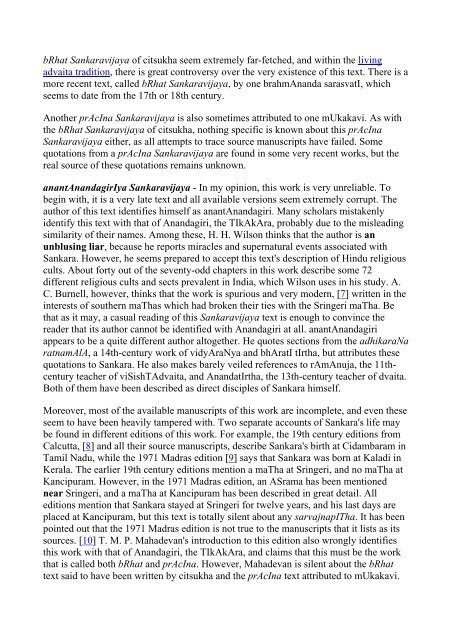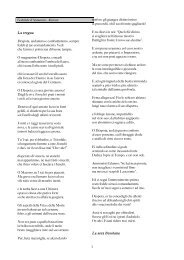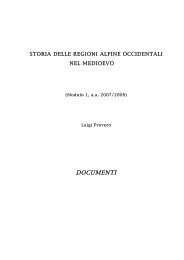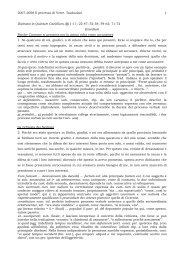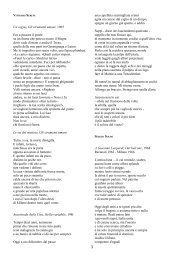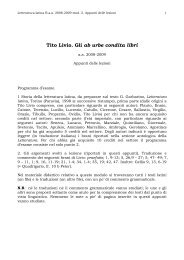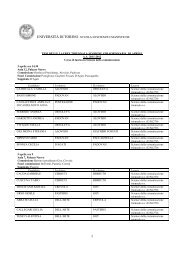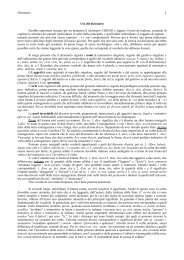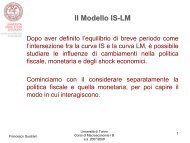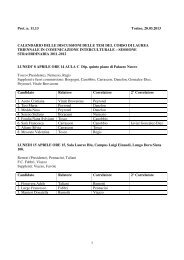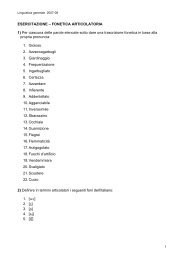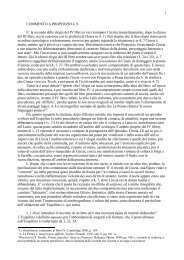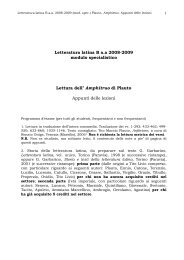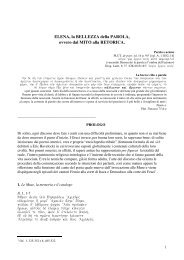ajAti vAda
ajAti vAda
ajAti vAda
Create successful ePaper yourself
Turn your PDF publications into a flip-book with our unique Google optimized e-Paper software.
Rhat Sankaravijaya of citsukha seem extremely far-fetched, and within the living<br />
advaita tradition, there is great controversy over the very existence of this text. There is a<br />
more recent text, called bRhat Sankaravijaya, by one brahmAnanda sarasvatI, which<br />
seems to date from the 17th or 18th century.<br />
Another prAcIna Sankaravijaya is also sometimes attributed to one mUkakavi. As with<br />
the bRhat Sankaravijaya of citsukha, nothing specific is known about this prAcIna<br />
Sankaravijaya either, as all attempts to trace source manuscripts have failed. Some<br />
quotations from a prAcIna Sankaravijaya are found in some very recent works, but the<br />
real source of these quotations remains unknown.<br />
anantAnandagirIya Sankaravijaya - In my opinion, this work is very unreliable. To<br />
begin with, it is a very late text and all available versions seem extremely corrupt. The<br />
author of this text identifies himself as anantAnandagiri. Many scholars mistakenly<br />
identify this text with that of Anandagiri, the TIkAkAra, probably due to the misleading<br />
similarity of their names. Among these, H. H. Wilson thinks that the author is an<br />
unblusing liar, because he reports miracles and supernatural events associated with<br />
Sankara. However, he seems prepared to accept this text's description of Hindu religious<br />
cults. About forty out of the seventy-odd chapters in this work describe some 72<br />
different religious cults and sects prevalent in India, which Wilson uses in his study. A.<br />
C. Burnell, however, thinks that the work is spurious and very modern, [7] written in the<br />
interests of southern maThas which had broken their ties with the Sringeri maTha. Be<br />
that as it may, a casual reading of this Sankaravijaya text is enough to convince the<br />
reader that its author cannot be identified with Anandagiri at all. anantAnandagiri<br />
appears to be a quite different author altogether. He quotes sections from the adhikaraNa<br />
ratnamAlA, a 14th-century work of vidyAraNya and bhAratI tIrtha, but attributes these<br />
quotations to Sankara. He also makes barely veiled references to rAmAnuja, the 11thcentury<br />
teacher of viSishTAdvaita, and AnandatIrtha, the 13th-century teacher of dvaita.<br />
Both of them have been described as direct disciples of Sankara himself.<br />
Moreover, most of the available manuscripts of this work are incomplete, and even these<br />
seem to have been heavily tampered with. Two separate accounts of Sankara's life may<br />
be found in different editions of this work. For example, the 19th century editions from<br />
Calcutta, [8] and all their source manuscripts, describe Sankara's birth at Cidambaram in<br />
Tamil Nadu, while the 1971 Madras edition [9] says that Sankara was born at Kaladi in<br />
Kerala. The earlier 19th century editions mention a maTha at Sringeri, and no maTha at<br />
Kancipuram. However, in the 1971 Madras edition, an ASrama has been mentioned<br />
near Sringeri, and a maTha at Kancipuram has been described in great detail. All<br />
editions mention that Sankara stayed at Sringeri for twelve years, and his last days are<br />
placed at Kancipuram, but this text is totally silent about any sarvajnapITha. It has been<br />
pointed out that the 1971 Madras edition is not true to the manuscripts that it lists as its<br />
sources. [10] T. M. P. Mahadevan's introduction to this edition also wrongly identifies<br />
this work with that of Anandagiri, the TIkAkAra, and claims that this must be the work<br />
that is called both bRhat and prAcIna. However, Mahadevan is silent about the bRhat<br />
text said to have been written by citsukha and the prAcIna text attributed to mUkakavi.


